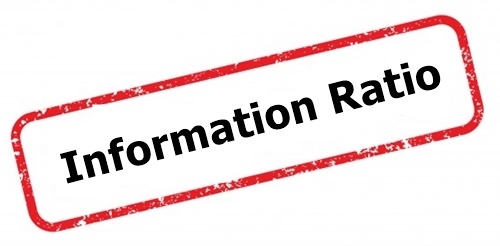
Table of Contents
Certified Information Systems Auditor (CISA)
The Certified Information Systems Auditor (CISA) is one of the most respected and sought after certifications in India. This certification provides knowledge on best practices concerning information security, audit process, systems control and assurance. It ensures that organizations have appropriate levels of service quality and risk management procedures in place to protect their IT infrastructure from potential threats. In addition, it equips professionals with a global platform that enables them to develop their professional skillset as well as gain international recognition among peers.
With this certification, individuals can find ample job opportunities within the banking sector or IT services providers across India. Furthermore, CISA also helps add value in terms of credibility for customers while recruiting candidates for key technology positions such as system auditors or network administrators.
Benefits of Obtaining CISA Certification
In India, CISA certification can give you a big competitive edge and lead to increased job opportunities in the field of information systems audit. CISA is one of the best-known certifications in this Industry and is offered by ISACA (Information Systems Audit & Control Association). Being certified as an ISACA-approved auditor allows you to demonstrate your knowledge, skills and experience by adding credibility and authority to your resume. It also gives you higher salaries than those with no such credential – on average 8 - 10% with some employers paying up to 20%.
Additionally, it provides easy recognition among potential employers who are looking for someone knowledgeable about security auditing principles. With a CISA certification under your belt you’ll have greater access to jobs requiring system-wide audit protection or strategic IT control measures; making yourself more attractive when vying for positions involving information systems management or innovative technologies. You will be better able to protect corporate data from potential malicious attacks or abuse while simultaneously being responsible for the integrity of internal processes that impact overall Efficiency and productivity. Finally, obtaining this certification creates a great opportunity—one well worth considering if your career goals involve going into government compliance functions either at home or abroad.
Talk to our investment specialist
Eligibility Criteria for CISA Certification
In order to be eligible for the CISA certification in India, candidates must have a minimum of five years of professional experience in information systems auditing, control or security. The five years don't necessarily need to have been working as an auditor specifically but any applicable combination of specific roles within the IS Audit field. Candidates are also required to meet the educational requirements set by ISACA which includes completing a degree program from an accredited college/university and passing all four components of the CISA exam. Lastly, applicants must agree with and abide by ISACA's Code of Professional Ethics throughout their tenure as CISA certified professionals. As part of upholding these obligations, all active license holders must complete Continuing Education Units (CEUs) every three-year period in order to remain eligible for recertification.
CISA Exam Structure and Format
The CISA exam consists of 200 multiple choice questions spread over 4 hours. Out of these 200, 150 are scored and 50 are non-scored pretest questions that do not affect the candidate’s performance on the exam. The 150 scored questions will cover topics such as IT auditing principles, information systems control objectives, risk management processes and procedures, IS governance concepts, business continuity planning models and more. To successfully pass this exam applicants must score 450 or higher in order to obtain their certification.
In India the CISA exams are conducted in English language only however there is an option for candidates to use their native language as a dictionary while taking the test if requested prior to the start of the Exam by indicating so on your application form along with additional documentation requirements from respective credentialing bodies. Once certified professionals can join various professional networks like ISACA India which provides networking opportunities amongst peers worldwide where they may gain access to industry content resources, research reports, white papers etc.
CISA Exam Syllabus and Domains
Passing the CISA Exam requires a thorough understanding of five core domains which are set out in detail by the ISACA governing body. This exam covers management of IT governance, acquisition & implementation, operations & maintenance, protection of information assets and business continuity & disaster recovery. Each domain includes sub-domains related to key objectives such as ensuring compliance with industry regulations and standards or reducing operational risks. During their studies for this exam candidates will learn processes to plan audit engagements, conduct audits, distribute audit findings and use automated tools in order to increase efficiency during these tasks. CISA certified professionals are among the most highly sought after across multiple industries due to their deep knowledge across all facets associated with information system assurance requirements within organizations.
Conclusion
With more organizations relying on increased levels of digital data protection, this certification can prove essential for anyone interested in pursuing an advanced career within cybersecurity. The CISA exam tests applicants’ understanding of key concepts related to IS auditing, control objectives, procedures evaluation and Risk assessment. By passing this exam prospective employers will know that they are getting someone with reliable experience and knowledge when it comes to IT systems controls and governance.
All efforts have been made to ensure the information provided here is accurate. However, no guarantees are made regarding correctness of data. Please verify with scheme information document before making any investment.












